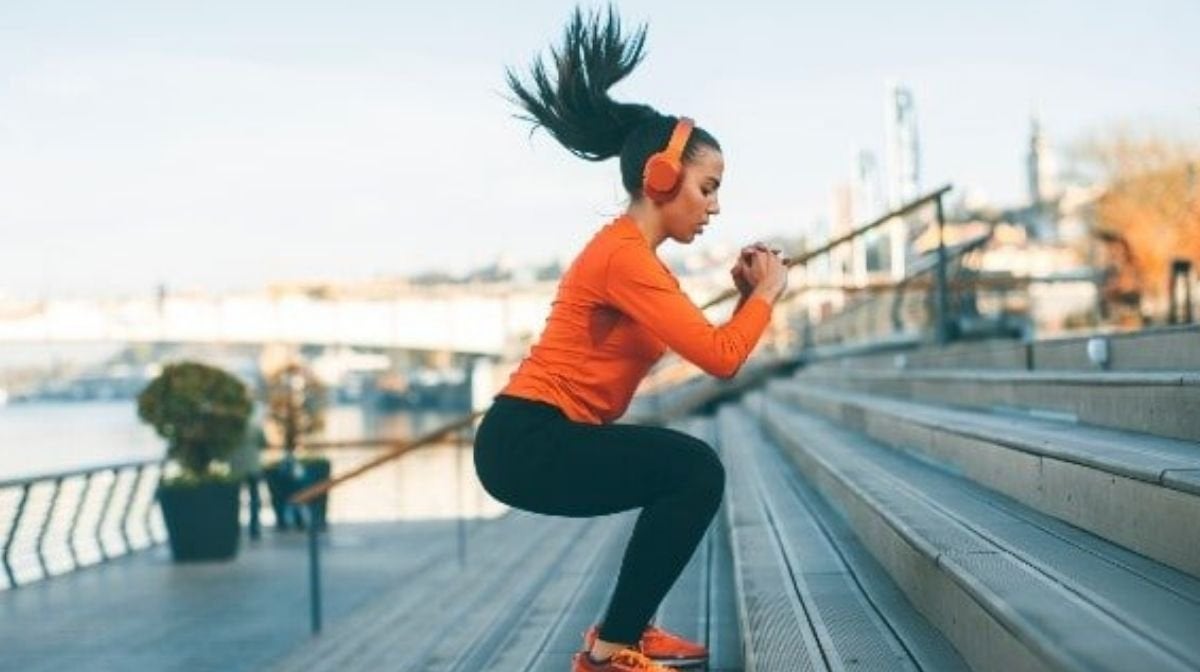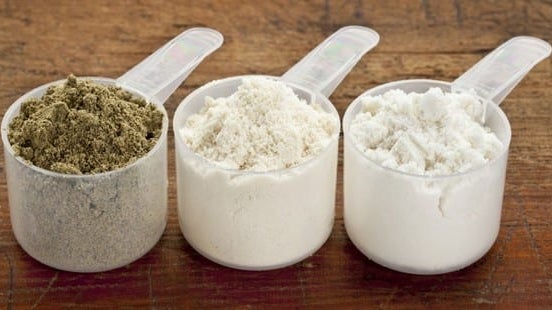How Does Exercise Benefit Your Mental Health And Which Exercises Are Best?

Physical exercise can help to improve an individual’s mental health by facilitating a reduction in anxiety, depression, negative moods and improving self-esteem and cognitive function. Some form of physical exercise is recommended for all individuals due to the multitude of positive mental and physical benefits to be had.

How does physical activity benefit mental health and wellbeing?
As humans, we are built to move. Physical exercise can contribute to improvements in mental health as it facilitates the release of endorphins and hormones that make you feel good. While mental health issues are often complicated and complex, physical exercise can help to mitigate at least some negative feelings by helping to manage stress, improve self-esteem and improve sleep quality and duration which in turn has further positive effects.
Dedicating some time towards your physical health and fitness can also lead to the formation of positive habits which will further improve your mental health, such as improved nutrition and better sleep quality, timing and quantity.
Exercise helps you to feel good
Exercise can improve your mood
Physical activity can improve your response to stress
Exercise can improve your ability to think and remember
Which exercises are best for mental health?
1. Walking or Running
Walking and running are forms of steady-state exercise that elevate your heart rate for an extended period of time, challenging and developing your cardiovascular system. There are lots of different factors that contribute to how this type of exercise may help to improve your mental health, such as being outdoors/in nature and exposed to daylight, which is proven to improve mental health and also sleep quality, increasing your fitness and altering your body composition which may result in improved self-esteem and they release endorphins that act as a chemical reward system in your brain, making you feel good.
Not forgetting the social aspect ( if you’re able to get out with a training partner that is). Then that offers some socialisation and respite from what may otherwise a relatively secluded lockdown for some individuals.
If you are running solo, then that may be the perfect time to focus on mindfulness activities – focusing solely on the movement of your body and breathing, ultimately helping to manage stress and clear your mind.
2. Resistance Training
Resistance training offers many of the same benefits as running, such as releasing endorphins, improving your self-esteem by bettering your body image and it can also provide a good way to socialise (although, we appreciate this may be slightly more limited than usual at the moment).
It’s unlikely that you’ll be doing much resistance training outside in the snow, but this form of exercise still strongly benefits your sleep by helping to improve the quality and quantity of sleep you get – meaning you will actually recover better for more training!
3. Team Sports
You may be noticing a trend by now, but yes, participating in team sports can also facilitate all of the above; getting outside, exposure to daylight, the release of endorphins, socialisation, increased self-esteem and improved sleep quality. Participating in team sports may be difficult to achieve at the moment, for obvious reasons, but even if you enjoy more solo sports like weightlifting or running, then it’s worth getting involved with a local club, as the sense of community, achievement and allow you to integrate after the slog of lockdown.
Joining a local club for your favourite sport may even be the boost you need to take the next steps in your training, as they’re often packed with fanatics full of knowledge and coaches ready to share information – and progression in your sport can again help with feelings of self-efficacy and improved self-esteem.

4. Yoga
Frequently Asked Questions
How does exercise help anxiety?
Exercise is as beneficial for anxiety as medication due to exercise releasing feel good endorphins within the body. As little as ten minutes a day can begin to improve your mood and relieve signs of anxiety.
How long does it take to see the mental health benefits of exercise?
Overall, not long. You could hit the tarmac and instantly feel great or, it may slowly creep on as you progress but, don’t lose faith and don’t fall for the instant high and stop. Continuously hitting the exercise will improve your mental health in the long term.
How much physical activity should I be doing?
If you’re starting new or returning, start off with three sessions a week, introduce a rest day after two sessions. This allows you to get results, progress and introduce a routine of exercise. Any less, any you may find yourself dropping off. As you move forward, keep it limited to five sessions a week at the most.
How to get started
Introduce yourself to a team sport and integrate into a team, making new friends and enjoying fitness at the same time. It may seem silly but, YouTube. If you get a spare moment, browse YouTube for exercise and sports, Functional Fitness for example. You may stumble across something you like the look of.
Start off slow! Introducing yourself into something new is exciting but ease yourself in to get comfortable.

Take Home Message
Physical exercise provides numerous physiological benefits that help to improve a person’s mental health, which in turn can result in the formation of other positive habits such as improved diet, sleep timing, increased exposure to daylight and social interaction – all of which are proven to at least contribute to improvements in mental health. Progression in your sport or training can also give a sense of daily purpose and offer something to work towards.







